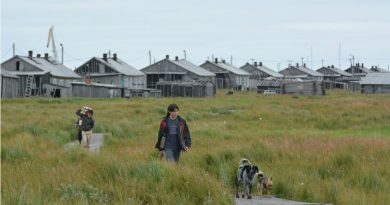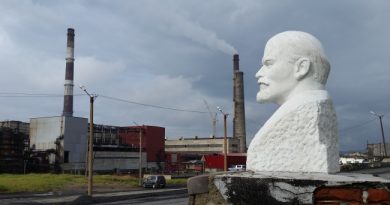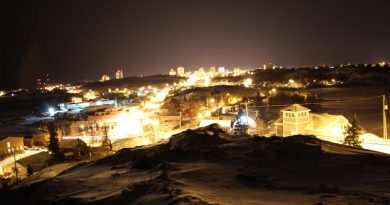Arctic Canadian community says oil moratorium renewal doesn’t go far enough
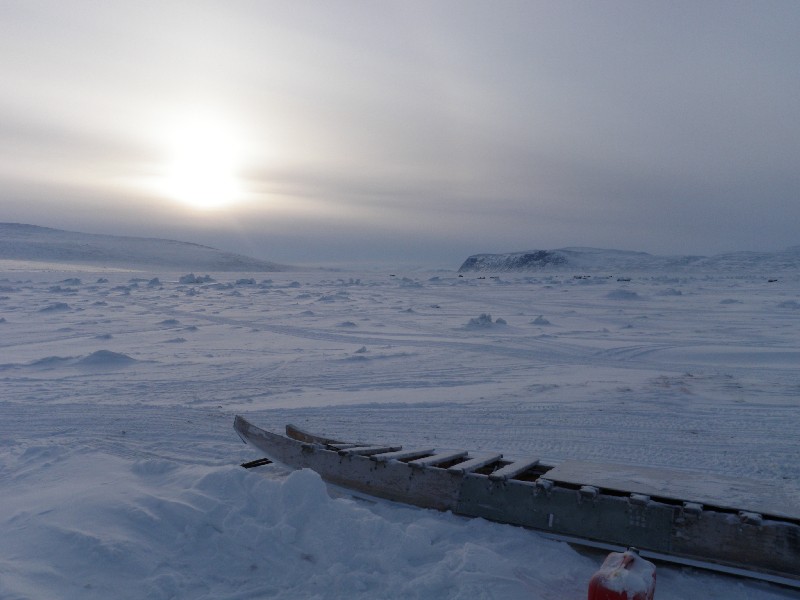
An Arctic Canadian community says it’s disappointed with Ottawa’s one-year extension of an oil exploration moratorium, saying it doesn’t go far enough.
“The Hamlet of Clyde River is very disappointed with this decision,” Mayor Alan Kalluk Cormack said in a letter to Northern Affairs Minister Dan Vandal this month.
“The Hamlet of Clyde River remains opposed to offshore oil and gas extraction in Baffin Bay and continues to support a minimum 10-year extension to the moratorium (i.e. until at least 2013).”
Canadian Prime Minister Justin Trudeau first announced the moratorium in 2016, prohibiting offshore oil and gas exploration in Arctic Canada.
The measure was controversial.
Environmental groups and some Arctic communities praised the decision, while other communities and northern politicians denounced the measure as an impediment to the economic progress.
The moratorium came with promises of review every five years, during which climate and marine reviews are to take place.
On December 15, Ottawa prolonged the moratorium until December 31, 2023.
Implications for climate, hunting
Clyde River is an Inuit community of approximately 1,200 located on the eastern coast of Baffin Island, across Baffin Bay from Greenland.
The community’s mayor and Senior Administrative Officer Jerry Natanine couldn’t be reached for comment on Monday.
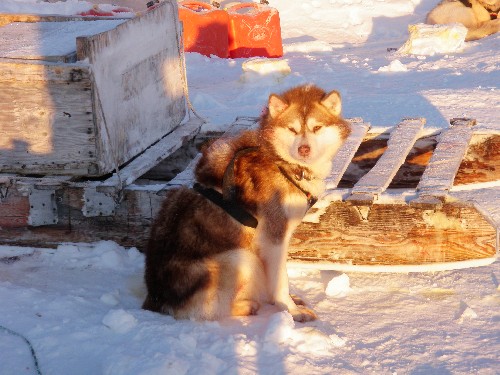
But in his letter, Cormack said oil and gas exploration pose too great a risk to communities that rely on the land for food.
“While our community is not against development, we know that, for us, the risks are greater and the benefits are smaller where offshore oil and gas development is concerned,” he said.
“An oil spill or other accident could be catastrophic to our way of life. Exploration activity related to offshore oil and gas, like seismic surveys, has been shown to negatively impact fish and other marine mammals.”
Climate concerns are also a factor, Cormack said, adding that the community is already wrestling with the impacts from global warming, like increased ship traffic in the North, and that the impacts of energy exploration would be and additional burden.
Write to Eilís Quinn at eilis.quinn(at)cbc.ca
Related stories from around the North:
Canada: Bill requiring First Nations’ oil and gas development consent spiked in Yukon, CBC News
Norway: Equinor postpones decision on northernmost oil field, The Independent Barents Observer
Russia: Russian Arctic coal is looking for way out of sanctions, The Independent Barents Observer
Sweden: Will the green transition be the new economic motor in the Arctic?, Eye on the Arctic

